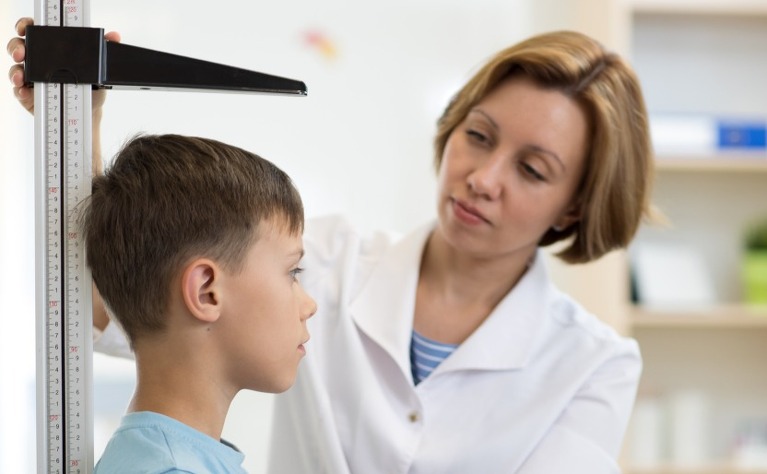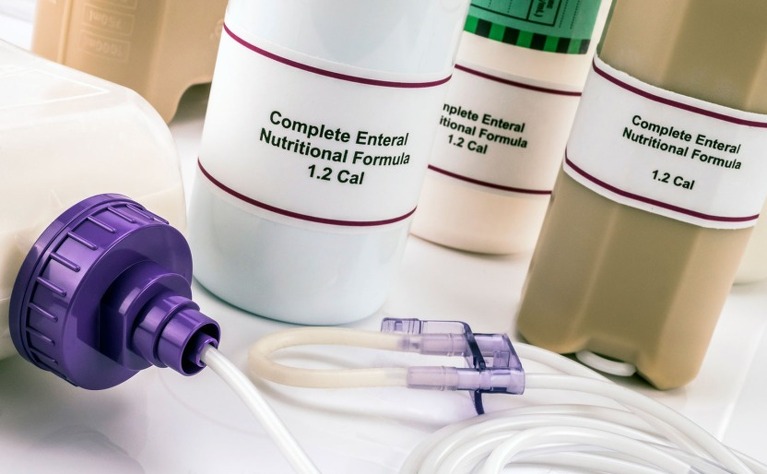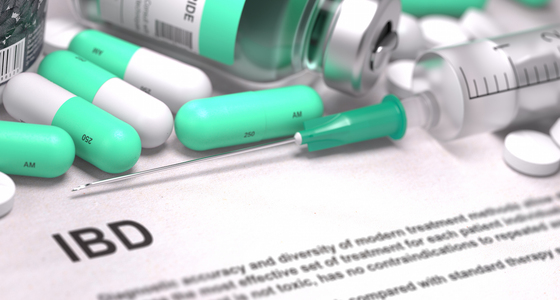Having inflammatory bowel disease can impact several aspects of a person's life, including their growth and development. One area that can be affected is puberty, the period where we transition from childhood into adulthood. Find out more about it in this article….
Note: This article will use the terms 'male', 'female', 'boys' and 'girls' to refer to sex assigned at birth.
This article will explore the effects of inflammatory bowel disease (IBD) on puberty and our growth and development. Children with IBD may experience a delayed start to puberty and have slower growth and development than their peers. Slower growth and delayed puberty can occur before the development of the disease in children or can be a prominent factor at the onset. Slower growth is found in 40% of IBD patients1 and is thought to coincide with the severity of the disease. Delayed puberty also appears more commonly with Crohn’s disease than ulcerative colitis (UC).

The signs of delayed puberty in boys include:
The penis and testicles not starting to grow larger by age 14
Genital growth that takes longer than 5 years
Being smaller in height and weight compared with their peers, who now are growing faster
The signs of delayed puberty in girls include:
No breast development by age 14
Not starting periods within five years of when breasts begin to grow or by age 16
With children who have IBD, factors such as hormone imbalance and poor growth and weight gain appear to be key, however, the reasons for delayed puberty due to IBD are not yet fully understood.
Puberty is a complex process that occurs in our bodies as we transition from being a child into becoming an adult. The process involves the interaction of various hormones and growth factors. Puberty is regulated by the hypothalamic-pituitary-gonadal (HPG) axis, which is a system of hormones that coordinates the growth and development of the reproductive system. However, the HPG axis is also influenced by other factors, such as inflammation and stress.
It is thought that IBD can interfere with the HPG axis and disrupt the normal progress of puberty. Researchers found altered hormonal levels in girls with Crohn’s disease leading to a delayed start to their puberty compared to those study participants without Crohn's disease2. In the same study researchers also observed lower levels of the hormone oestrogen and higher levels of follicle-stimulating hormone (FSH) in girls with Crohn's disease. Similarly, another study showed boys with IBD had lower levels of the hormone testosterone3.

Low body fat can potentially delay puberty, particularly in girls. Children with IBD may encounter challenges in gaining weight, impacting their growth and development due to malnutrition. Malnutrition, which occurs when the body does not receive sufficient nutrients, is a common complication of IBD. Factors contributing to malnutrition include following a restricted diet, experiencing diarrhoea, taking certain medications, undergoing surgery, and sustaining intestinal damage. In children, insufficient weight and height gain compared to the expected rate are often indicative of malnutrition.
Typically, periods (menstruation) first start when a girl is between the ages of eight and 13-years-old. It’s common that girls with IBD start their periods later than their peers. In a study of women with Crohn’s disease, nearly three-quarters got their period at or after age 16 years4.
There is less research on ulcerative colitis (UC) and starting your period late, but studies have explored links with fluctuations in the menstrual cycle and having UC. You can read more about how IBD can affect periods here.
The most effective way of tackling slower growth is to treat the underlying disease. Addressing nutritional concerns, adjusting medication, and aiming to get a child with IBD into remission as quickly as possible is key. Controlling active inflammation and inducing and maintaining remission with treatment progresses growth and development at a more normal rate and puberty will eventually be reached.

Plus, improving a child’s nutritional levels can play an important part in growth and development and in achieving remission5. To help with this enteral nutrition (tube feeding) of a specially formulated drink containing essential carbohydrates, sugars, oils, proteins, single amino acids or short-chain peptides, vitamins, and minerals may be prescribed. This type of diet is easily digested and helps to rest the bowel.
If puberty is severely delayed then you may be referred to an endocrinologist, a doctor that specialises in hormone imbalance. Here your levels of testosterone (for boys) and oestrogen (for girls) will be tested and monitored.

It can be emotionally tough to see your friends going through puberty and growing and developing faster than you. This can be difficult to accept and you may feel like you’ll never catch up, but it doesn’t mean that you won’t. Talking to your friends and family or a doctor or therapist will help you make sense of these feelings and will help you devise ways of coping with your emotions. Talk to your IBD team to see what support is available. There are also some organisations that can offer support to young people with IBD, Cicra for example.
1. Flavia Amaro, Francesco Chiarelli. Growth and Puberty in Children with Inflammatory Bowel Diseases. PMID: 33138015 PMCID: PMC7692295 DOI: 10.3390/biomedicines8110458. Growth and Puberty in Children with Inflammatory Bowel Diseases - PubMed (nih.gov)
2. Diamanti A, Colistro F, Basso MS, et al. Delayed puberty in girls with inflammatory bowel disease. Horm Res Paediatr. 2011;76(1):53-7. doi: 10.1159/000327576. Epub 2011 May 6. PMID: 21546717.
3. Loonen HJ, Grote FK, Kneepkens CM, et al. Pubertal delay in boys with inflammatory bowel disease. J Pediatr Gastroenterol Nutr. 1998;26(5):500-4. doi: 10.1097/00005176-199805000-00005. PMID: 9586765.
4. DeBoer MD, Denson LA. Delays in puberty, growth, and accrual of bone mineral density in pediatric Crohn's disease: Despite temporal changes in disease severity, the need for monitoring remains. J Pediatr. 2013;163:17-22.
5. Marco Gasparetto, Graziella Guariso. Crohn's disease and growth deficiency in children and adolescents. PMID: 25309059 PMCID: PMC4188880 DOI: 10.3748/wjg.v20.i37.13219 Crohn's disease and growth deficiency in children and adolescents - PubMed (nih.gov)



